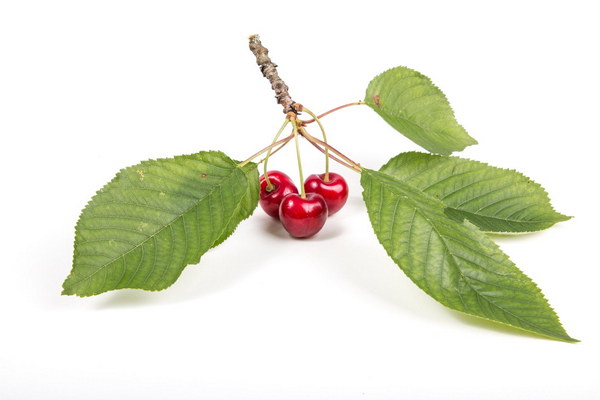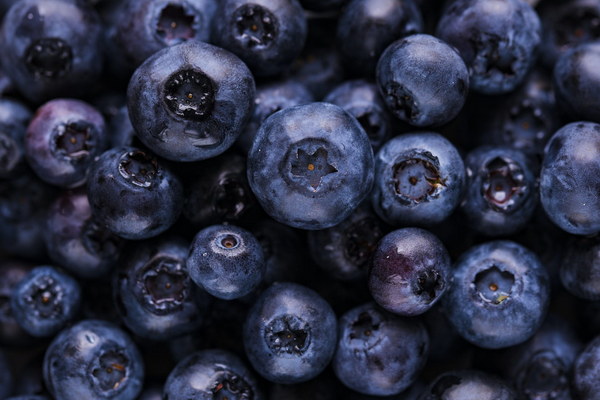Nourishing the Sixty-Year-Old Man A Comprehensive Guide to Male Nutrition in His Prime
As men enter their sixties, their nutritional needs become more complex. This is a crucial phase in life where the body's metabolism slows down, and the risk of chronic diseases like heart disease, diabetes, and osteoporosis increases. To maintain a healthy lifestyle and promote longevity, it is essential for men over 60 to pay close attention to their diet. In this article, we will explore the key nutrients and foods that can support the health of a 60-year-old male, providing him with the necessary nourishment to thrive during this stage of life.
Protein is the cornerstone of a healthy diet for men over 60. As muscle mass naturally declines with age, adequate protein intake is crucial for maintaining muscle strength and function. Good sources of protein include lean meats, poultry, fish, dairy products, eggs, and plant-based options such as lentils, chickpeas, and tofu. Aim for about 0.8 grams of protein per kilogram of body weight daily.
Fiber is another important nutrient for men in their sixties. A high-fiber diet can help maintain bowel regularity, reduce the risk of heart disease, and control blood sugar levels. Excellent sources of fiber include fruits, vegetables, whole grains, legumes, nuts, and seeds. Incorporate a variety of these foods into meals and snacks to ensure an adequate intake.
Omega-3 fatty acids are essential for heart health and cognitive function. These healthy fats can be found in fatty fish such as salmon, mackerel, and sardines. For those who do not consume fish, flaxseeds, chia seeds, walnuts, and algae-based supplements are good alternatives.
Calcium and vitamin D are essential for bone health, particularly important for men over 60 who are at an increased risk of osteoporosis. Dairy products, leafy greens, and fortified foods are excellent sources of calcium. To enhance absorption, pair calcium-rich foods with vitamin D sources, such as fatty fish, egg yolks, and fortified cereals.
Vitamin K is another crucial nutrient for bone health, as it helps the body absorb calcium. Foods rich in vitamin K include leafy greens like kale, spinach, and broccoli.
To support heart health, men over 60 should aim for a diet low in saturated and trans fats, while increasing intake of unsaturated fats found in olive oil, avocados, nuts, and seeds. Monounsaturated fats are also beneficial for heart health and can be found in foods like olives, nuts, and seeds.
Antioxidants are essential for protecting the body against oxidative stress and inflammation. Foods rich in antioxidants include berries, dark chocolate, green tea, and many vegetables and fruits. A diet rich in these foods can help reduce the risk of chronic diseases and improve overall health.

Hydration is also crucial for men over 60. Adequate water intake helps maintain kidney function, regulates body temperature, and aids in digestion. Aim for at least eight glasses of water per day, and adjust according to activity level and climate.
Lastly, it is essential for men over 60 to pay attention to their food preparation methods. Avoid excessive cooking or frying, which can lead to the loss of nutrients. Instead, opt for methods like steaming, grilling, or sautéing to preserve the nutritional value of foods.
In conclusion, a balanced diet rich in protein, fiber, healthy fats, vitamins, and minerals is essential for men over 60 to maintain their health and well-being. By incorporating a variety of nutrient-dense foods into their diet, men can support their body's needs, reduce the risk of chronic diseases, and promote longevity. Remember, it is always a good idea to consult with a healthcare professional or a registered dietitian before making significant changes to your diet.









